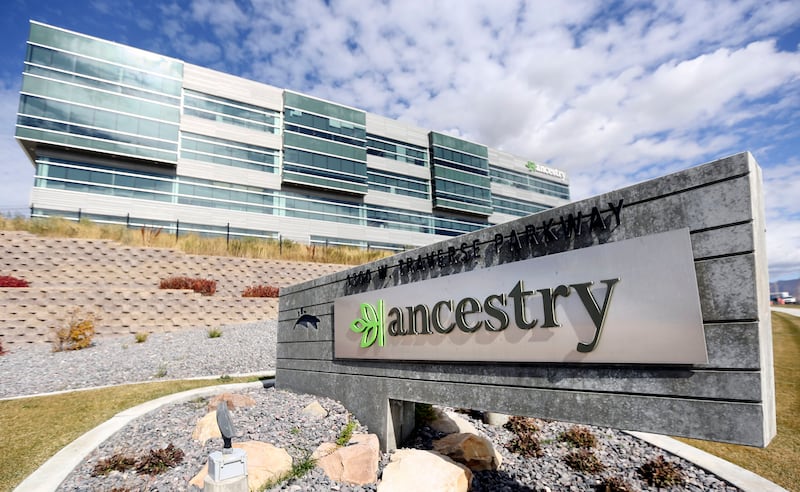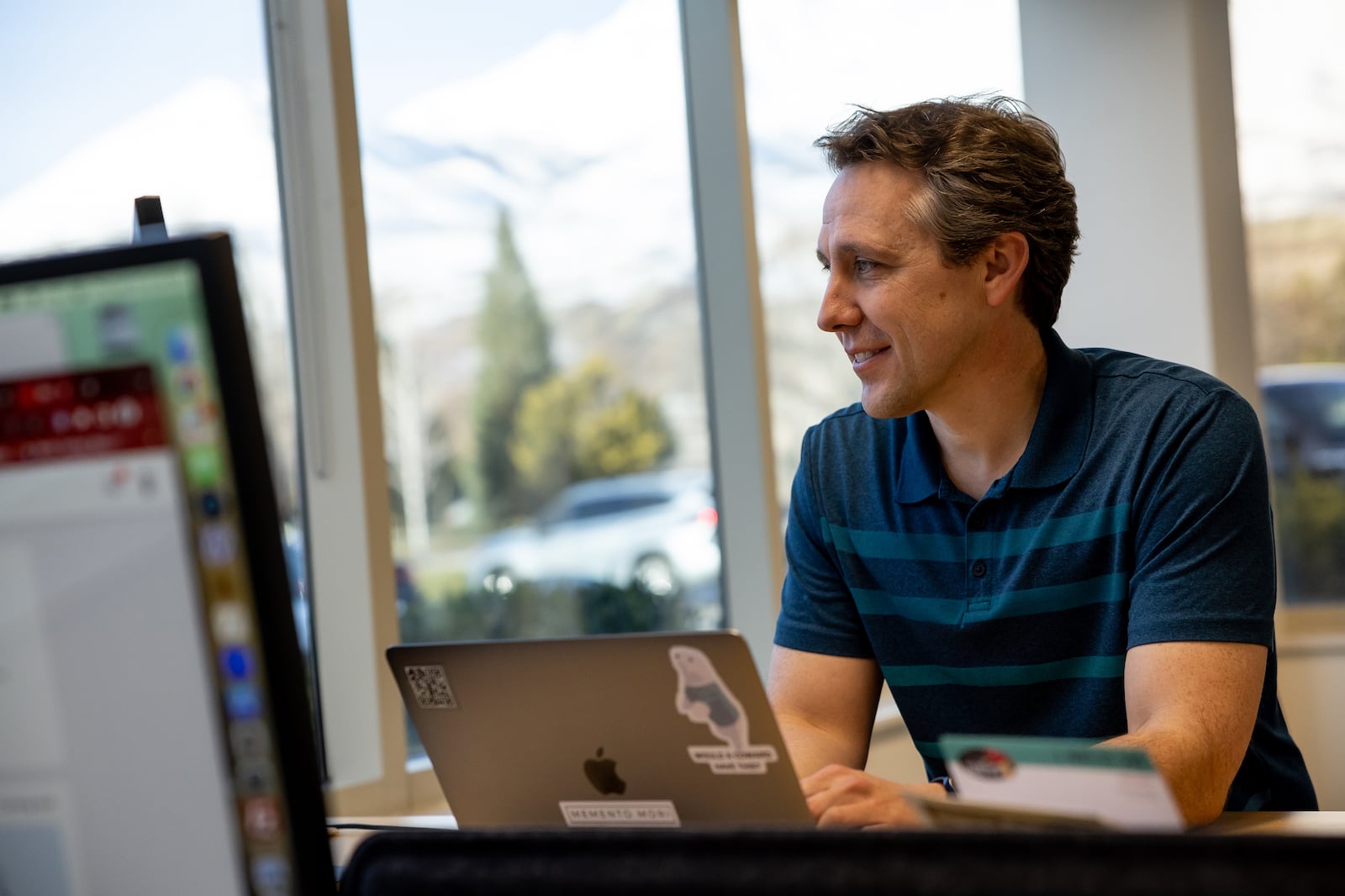died last June at the ripe age of 98 and a half. The woman was a legend in my book. She survived Nazi occupation as a teenager in Vichy, France, weathered multiple hurricanes, and buried countless relatives in her lifetime.

When I inherited the bulk of her mementos, it felt like I was witnessing a slice of history. But when I moved a few months later, it wasn’t practical to hang on to every item. That brought me to a crossroads: How could I honor and preserve the past while avoiding bringing it with me?
I’ve pondered this question, both as the executor of my grandmother’s estate and someone who values the richness of a life well lived. Technology advancements have made genealogical research more accessible and efficient. How does the industry continue to innovate in 2024? For Ancestry and Storied, the answer lies in dynamic, community-focused content.
Ancestry unites families and communities
Introduced in 2023 at the family history conference RootsTech, Ancestry’s Storymaker Studio brings family discoveries to life with high-quality images and sound. According to Ancestry’s corporate genealogist Crista Cowan, this technology represents the company’s commitment to meeting the moment.
“It’s more than just creating stories,” she says. “When we first launched Storymaker Studio, we modeled it after Instagram stories. Now, it’s become even broader than that. You can attach audio files to stories and upload and scan old photos. There’s a whole suite of tools now in our Memories platform inside Ancestry that allows you to capture, create and craft stories around the memories in your family history.”
In this way, Cowan says Ancestry is democratizing the documentation of family history. And all of this is possible because of Ancestry’s posture in the marketplace. What started as a humble publisher of family history magazines and genealogy reference books has evolved into a global leader in family history with more than a billion user-generated content records on the site.The online side of the business was started by two Brigham Young University graduates who grew up immersed in genealogy, according to Cowan. Fast forward to today, and Ancestry holds the largest collection of online records anywhere in the world. In her estimation, it’s no coincidence that companies like hers have flourished in Utah under the family-centric influence of The Church of Jesus Christ of Latter-day Saints.
“The collaborative nature of the genealogy community makes this such a great environment,” she says. “People here understand the significance of preserving records, making sure they get digitized so that they’re not lost — so those stories are preserved, and providing means for people to access them, whether that’s online through Ancestry or in person at the family history library. It’s a real synergistic environment that’s been created here in Utah.”
Filling in the Storied gaps
Another Utah-based family history startup, Storied, centers around the ability to build family tree connections between more than just relatives. Recently, the team announced StoryAssist, a program that uses AI to help families bridge the gap between the past and the present, promoting closer bonds and resilience in users.
“If you have writer’s block and are staring at a blank page, you can use StoryAssist,” Storied CEO Kendall Hulet explains. “You type in a little blurb related to the topic of the story and add a few details, and then StoryAssist takes it from there.” Specifically, StoryAssist helps family history enthusiasts capture rich details from the past faster and more efficiently than without the tool. Users are invited to select a tone (i.e., “excited”) and offer three to five key points or memories. This fodder serves as an outline that guides the AI assistant in generating a story. From there, StoryAssist produces a draft the user can edit and publish on Storied.
Whether it’s a narrative or visual depiction of an anecdote, Hulet says this interest in revisiting the past speaks to something more profound about human nature.
“It’s more about understanding the arc of their family — that there’s ups and downs and twists and turns, and yet, here they are,” he reflects. “They’re part of something bigger than themselves, which helps them remain more grounded. They realize there are going to be good times and bad times. When you have that to lean on as part of your identity, it makes you stronger and more resilient.”

